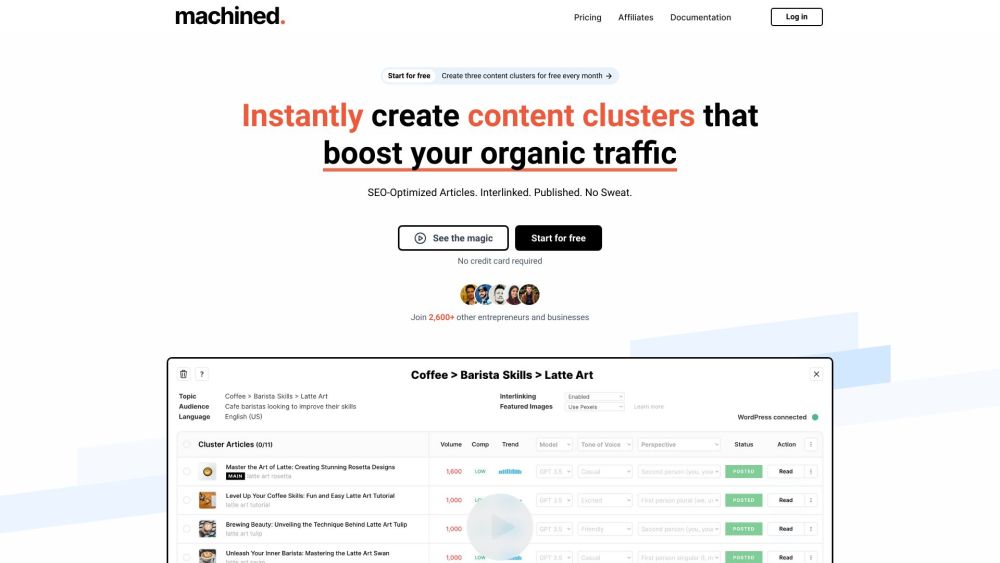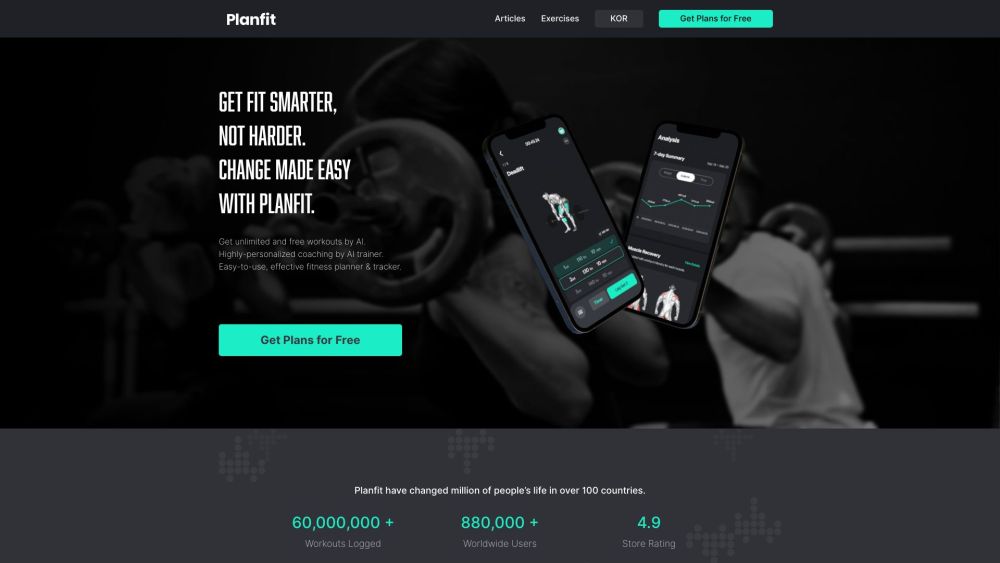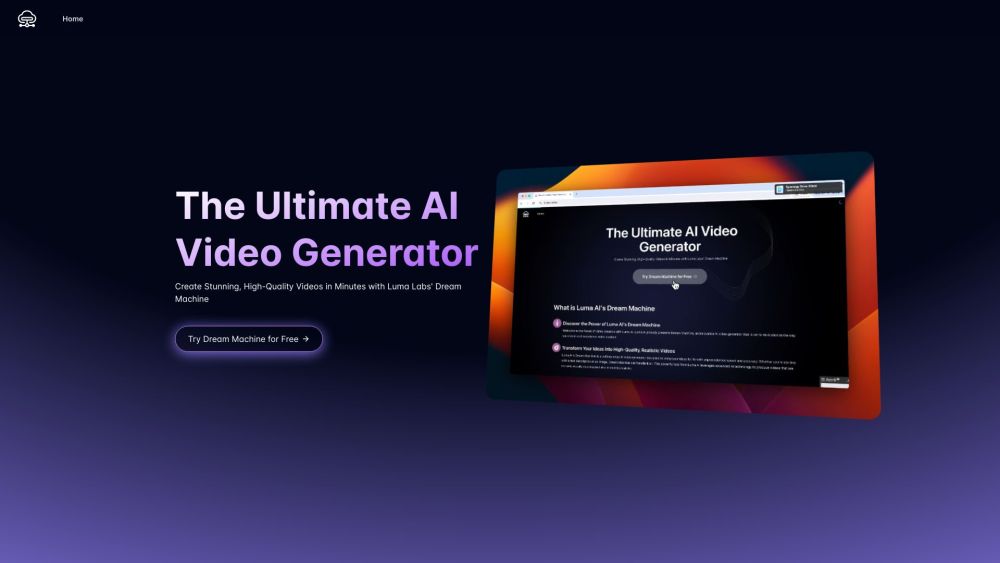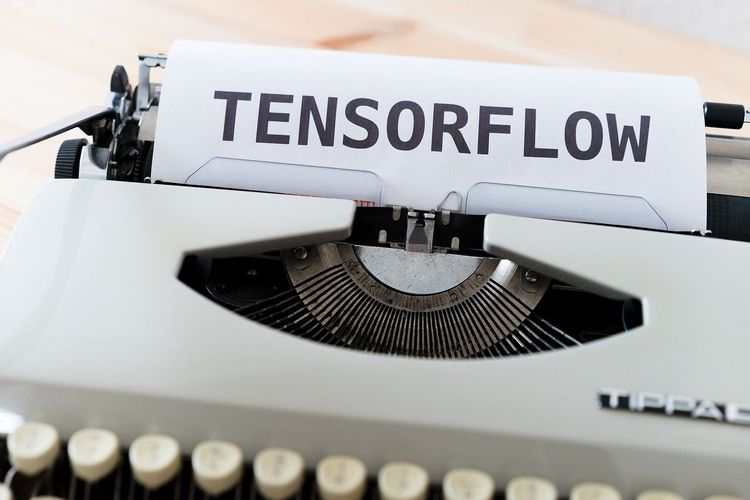For those who have witnessed ChatGPT in action, its capabilities are nothing short of remarkable. If you haven’t yet experienced this innovative generative AI tool, get ready to be amazed!
There’s no question about the prowess of OpenAI’s widely renowned chatbot, but is ChatGPT truly safe for use? While tech leaders worldwide express concerns about the rapid development of AI, these apprehensions may not directly impact the individual user experience. Let’s delve deeper into ChatGPT to help you assess your own comfort level.
Privacy and Financial Security
On March 20, 2023, OpenAI identified an issue that temporarily took ChatGPT offline. Users reported seeing the chat histories of others instead of their own. More alarmingly, there were indications that payment information from ChatGPT Plus subscribers may have been inadvertently exposed.
OpenAI has addressed this incident and fixed the underlying bug, but the potential for future issues remains. As with any online platform, there is an inherent risk of accidental data leaks and cybersecurity threats posed by malicious actors.
OpenAI’s Privacy Policy
OpenAI’s privacy policy states that your personal information—such as contact details, transaction history, network activity, content, location, and login credentials—may be shared with affiliates, service providers, law enforcement, and other third parties. This sharing can sometimes be unavoidable, particularly when utilizing third-party payment processors. OpenAI must also comply with legal obligations, and certain data may be used for research purposes.
While data collection can be justified, concerns about misuse and potential leaks are valid. OpenAI’s ChatGPT FAQ advises users against sharing sensitive information, noting that prompts cannot be deleted.
ChatGPT as a Potential Hacking Tool
In terms of cybersecurity, there are growing worries that ChatGPT could be exploited as a hacking tool. The advanced AI can generate highly convincing documents, making it a candidate for crafting phishing emails. Furthermore, ChatGPT serves as a capable teacher, enabling users to acquire programming skills and learn about network infrastructure, which could lead to innovative cyber threats if combined with dark web forums.
An example surfaced on X (formerly Twitter), where a user prompted GPT-4 to provide hacking instructions, which yielded alarming results. With the ability to write code based on simple requests, ChatGPT empowers anyone to develop programs. Additionally, the plug-ins feature allows the AI to execute self-created code.
Although OpenAI has restricted this functionality to mitigate dangerous applications, previous incidents like the hacking of OpenAI’s GPT-3 API illustrate the need for stringent security measures as the plug-in feature is rolled out more widely.
ChatGPT and Job Security
The rise of ChatGPT is causing unease among educators, who worry that it simplifies plagiarism. OpenAI’s chatbot has been trained on the same information students need to master for essay writing. However, while this is not an immediate safety issue, it’s essential for teachers to recognize that ChatGPT can effectively tutor students on various subjects, offering personalized attention and swift answers. In the future, AI may play a vital role in crowded classrooms or tutoring scenarios.
For writers, ChatGPT can seem intimidating, as it can produce thousands of words in moments—something that typically takes hours for even the most skilled human authors. Currently, the AI’s errors mean it functions more as a research or writing aid than a genuine author replacement. However, if accuracy improves, it could threaten job security.
ChatGPT has a multitude of applications, and new uses are discovered daily. From facilitating communication and learning to analyzing images of hand-drawn applications and generating corresponding programs, its potential is vast.
ChatGPT Scams
While OpenAI is not responsible for scams that arise with any innovative technology, these fraudulent schemes often prey on users' eagerness for more comprehensive access or features. As interest in ChatGPT continues to grow, the demand for expansive capabilities—some of which require memberships and are limited in availability—creates a ripe environment for scams offering enticing deals.
Remember the age-old adage: if it sounds too good to be true, it probably is. Exercise caution with any ChatGPT offers received through email or social media. Verify with reputable sources or check directly with OpenAI to confirm any uncertain opportunities or deals.
ChatGPT's allure is powerful, yet it also poses significant risks. As one of the first publicly available AI systems with sophisticated language capabilities, its challenges warrant careful consideration. Users must remain vigilant, recognizing the potential for misuse or hacking in the digital landscape.
Frequently Asked Questions about ChatGPT
Does ChatGPT collect user data?
Yes, ChatGPT collects various types of user information, including IP and email addresses, location data, device details, your connection type (public or private Wi-Fi), and chat history.
Can anyone access my ChatGPT history?
As per OpenAI, anyone with access to a shared link can view the entire conversation. This includes a complete transcript of the dialogue up until the link was shared. There’s currently no function to set an expiration for shared links, but users can delete these links, rendering them inactive.
How many people are using ChatGPT?
As of March 2024, ChatGPT boasts over 180 million users, with reports indicating that a significant portion is utilizing the free version of the chatbot.
OpenAI recognizes the necessity of proceeding cautiously as ChatGPT expands its capabilities and internet access. Rushing ahead could trigger backlash and regulatory challenges.






